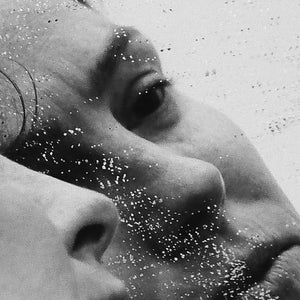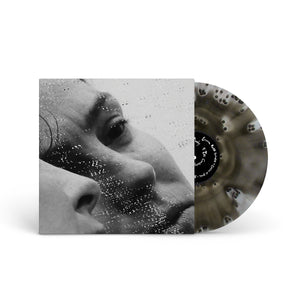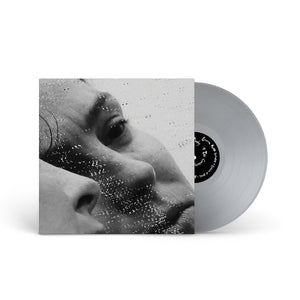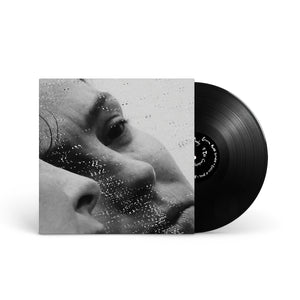Your Cart is Empty
Menu
-
- SHOP
- ARTISTS
-
A-C
- 200 STAB WOUNDS
- ABSENT IN BODY
- AGRICULTURE
- ALCEST
- AMENRA
- AMERICAN NIGHTMARE
- ANGEL DU$T
- ANTICHRIST SIEGE MACHINE
- THE ARMED
- AUTHOR & PUNISHER
- BACKXWASH
- BAD BRAINS
- BATHORY
- BE WELL
- BELL WITCH
- BETTER LOVERS
- BIB
- BIG BRAVE
- BLACKWATER HOLYLIGHT
- BLOOD INCANTATION
- THE BODY
- BONGRIPPER
- BORIS
- BOTCH
- BOYSETSFIRE
- BRUTUS
- CANDY
- CANNIBAL CORPSE
- CASEY
- CAUSTIC WOUND
- CELESTE
- CELTIC FROST
- CHAT PILE
- CHELSEA WOLFE
- THE CHISEL
- CHUBBY AND THE GANG
- CHVE
- CLAIRE ROUSAY
- CLOUD RAT
- CLOWNS
- COALESCE
- C.O.F.F.I.N
- COLD CAVE
- COMBUST
- CONAN
- CONVERGE
- COUCH SLUT
- COUNTERPARTS
- CREEPING DEATH
- CRIPPLED BLACK PHOENIX
- CRYPT SERMON
- CULT LEADER
- CULT OF LUNA
- CURRENT 93
-
D-H
- DAVID EUGENE EDWARDS
- DEAFHEAVEN
- DEATH
- DEICIDE
- DER WEG EINER FREIHEIT
- DEVIL MASTER
- THE DILLINGER ESCAPE PLAN
- DIVIDE AND DISSOLVE
- DOODSESKADER
- DOWNFALL OF GAIA
- DÖDSRIT
- DRAB MAJESTY
- DRAIN
- DRUG CHURCH
- DYING WISH
- EARTH
- ELDER
- ELECTRIC WIZARD
- EMMA RUTH RUNDLE
- END
- ENFORCED
- EVIL GREED
- EYEHATEGOD
- FINAL DOSE
- FOLTERKAMMER
- FOREIGN HANDS
- FORESEEN
- FOUNDATION
- FRAIL BODY
- FUCKED UP
- FULL OF HELL
- FUMING MOUTH
- GATECREEPER
- GEL
- GGGOLDDD
- GHOST BATH
- GILES COREY
- GIVER
- GOD'S HATE
- GORILLA BISCUITS
- GOUGE AWAY
- GRAVE PLEASURES
- GREEN LUNG
- GRIDIRON
- GULCH
- HAVE A NICE LIFE
- HELLHAMMER
- HELMS ALEE
- HERETOIR
- HERIOT
- HEXIS
- HEXVESSEL
- HIGH ON FIRE
- HIGH VIS
- THE HOPE CONSPIRACY
- HOT WATER MUSIC
- HULDER
-
I-P
- IMPERIAL TRIUMPHANT
- INCENDIARY
- INCLINATION
- INTEGRITY
- ISIS (THE BAND)
- JARHEAD FERTILIZER
- JAYE JAYLE
- JESUS PIECE
- KALI MALONE
- KHANATE
- KHEMMIS
- KILLING TIME
- KNOCKED LOOSE
- KNOLL
- KRALLICE
- KRUELTY
- LANDMVRKS
- LAMP OF MURMUUR
- LIFESICK
- LINGUA IGNOTA
- LITURGY
- THE LOCUST
- LOVE LETTER
- LOWEST CREATURE
- MAGNITUDE
- MANTAR
- MANY BLESSINGS
- MAT MCNERNEY
- MERZBOW
- MILITARIE GUN
- MIZMOR
- MODERN COLOR
- MORTICIAN
- MUTOID MAN
- NAILS
- NEUROSIS
- NEVER ENDING GAME
- NOTHING
- OATHBREAKER
- OBITUARY
- OF FEATHER AND BONE
- OLD MAN GLOOM
- ONE STEP CLOSER
- ORCHID
- PAERISH
- PAIN OF TRUTH
- PALLBEARER
- PLANNING FOR BURIAL
- POISON IDEA
- POISON RUIN
- POISON THE WELL
- PORTRAYAL OF GUILT
- PRESS CLUB
- PRIMITIVE MAN
-
Q-Z
- RAGANA
- REFUSED
- RESTRAINING ORDER
- REVEREND KRISTIN MICHAEL HAYTER
- REZN
- RISE AND FALL
- RITUAL HOWLS
- RUSSIAN CIRCLES
- SANGUISUGABOGG
- SCALP
- SCARAB
- SCOWL
- SEPTAGE
- SHELTER
- SIMULAKRA
- SKELETAL REMAINS
- SOME GIRLS
- SOUL GLO
- SORE DREAM
- SPECTRAL WOUND
- SPEED
- SPY
- STEVE VON TILL
- STRAY FROM THE PATH
- SUMAC
- SUNAMI
- SUNN O)))
- SWAIN
- SWANS
- TERROR
- THOU
- TOMB MOLD
- TOUCHE AMORE
- TRADE WIND
- UBOA
- ULVER
- UNDEATH
- UNDERGANG
- UNIFORM
- VEIN.FM
- VILE CREATURE
- WAYFARER
- WAYSIDE
- WIEGEDOOD
- WHISPERS
- WINDHAND
- WOLFBRIGADE
- WOLVES IN THE THRONE ROOM
- WORMWITCH
- WOVENHAND
- XIBALBA
- YEAR OF THE KNIFE
- YOB
- ZEAL & ARDOR
-
A-C
- LABELS
- BESTSELLER
- % SALE
-
- Login
-
English

0
Your Cart is Empty







